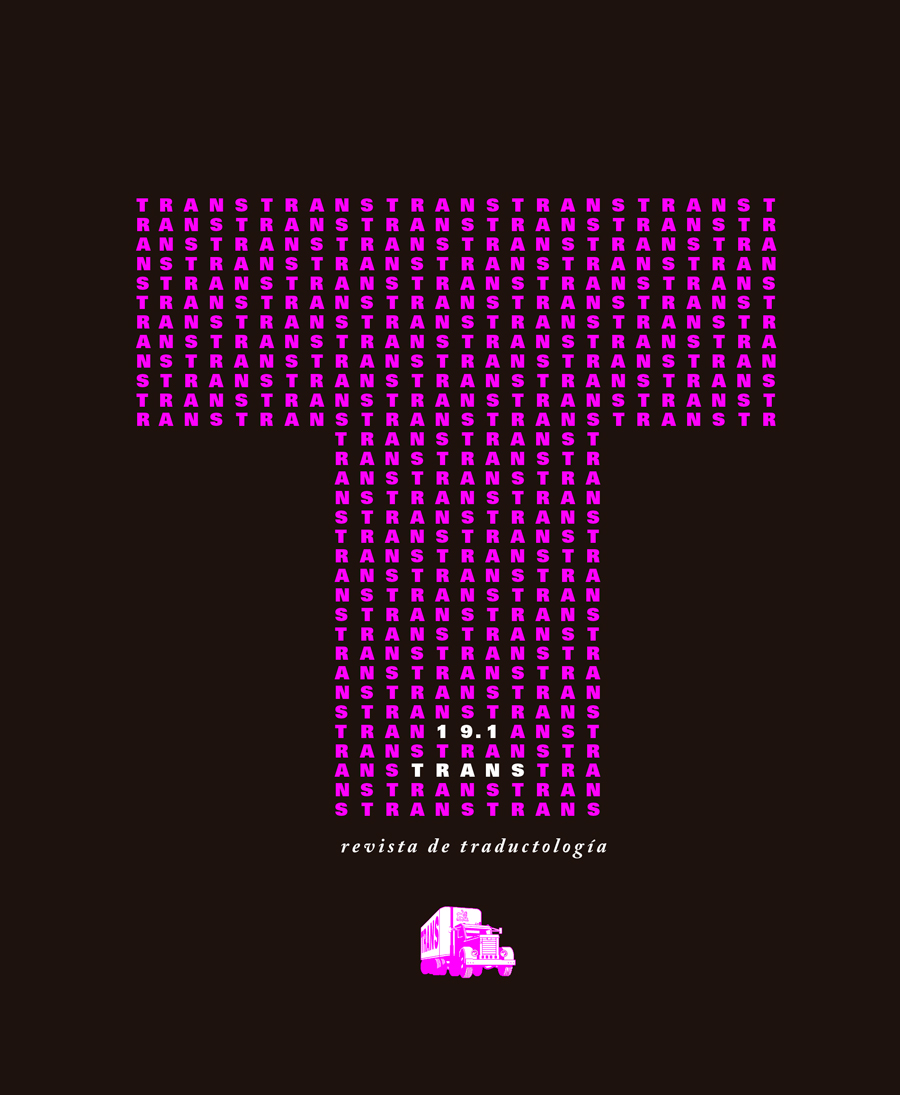CO-Minor-IN/QUEST Improving interpreter-mediated pre-trial interviews with minors
DOI:
https://doi.org/10.24310/TRANS.2015.v1i19.2092Keywords:
minors, interpreter-mediated interview, interdisciplinary approach, quantitative analysis, qualitative analysisAbstract
The CO-Minor-IN/QUEST research project (JUST/2011/JPEN/AG/2961, January 2013 – December 2014) studied the interactional dynamics of interpreter-mediated child interviews during the pre-trial phase in criminal procedures. This automatically involves communication with vulnerable interviewees who need extra support for three main reasons: their age (i.e. under 18), native language and procedural status (as a victim, witness or suspect). An on-line questionnaire, originally distributed in six EU Member States enabled the researchers to map the existing expertise, beliefs and needs of the main actors in the field of pre-trial child interviewing meaning interpreters, police and justice, and child support professionals. In this contribution, we will focus on ImQM (interpreter-mediated questioning of minors) in Belgium through the quantitative analysis of several statements on the role of the interpreter. The narratives then allow for a qualitative analysis to underpin the quantitative results, and paint a more complete picture of the needs in ImQM. Just like an interdisciplinary approach is central to research, teamwork is the keyword in daily ImQM practice.Downloads
Metrics
Publication Facts
Reviewer profiles N/A
Author statements
Indexed in
-
—
- Academic society
- N/A
- Publisher
- Universidad de Málaga
Downloads
Published
How to Cite
Issue
Section
License
All contents published in TRANS. Revista de Traductología are protected under the Creative Commons Attribution-NonCommercial-ShareAlike 4.0 International (CC BY-NC-SA 4.0) license. All about this license is available in the following link: <http://creativecommons.org/licenses/by-nc-sa/4.0>
Users can copy, use, redistribute, share and exhibit publicly as long as:
- The original source and authorship of the material are cited (Journal, Publisher and URL of the work).
- It is not used for comercial purposes.
- The existence of the license and its especifications are mentioned.
- ShareAlike — If you remix, transform, or build upon the material, you must distribute your contributions under the same license as the original.
There are two sets of authors’ rights: moral and property rights. Moral rights are perpetual prerogatives, unrenounceable, not-transferable, unalienable, imprescriptible and inembargable. According to authors’ rights legislation, TRANS. Revista de Traductología recognizes and respects authors moral rights, as well as the ownership of property rights, which will be transferred to University of Malaga in open access.
The property rights are referred to the benefits that are gained by the use or the dissemination of works. TRANS. Revista de Traductología is published in an open access form and it is exclusively licenced by any means for doing or authorising distribution, dissemination, reproduction, , adaptation, translation or arrangement of works.
Authors are responsable for obtaining the necessary permission to use copyrighted images.













21.png)
